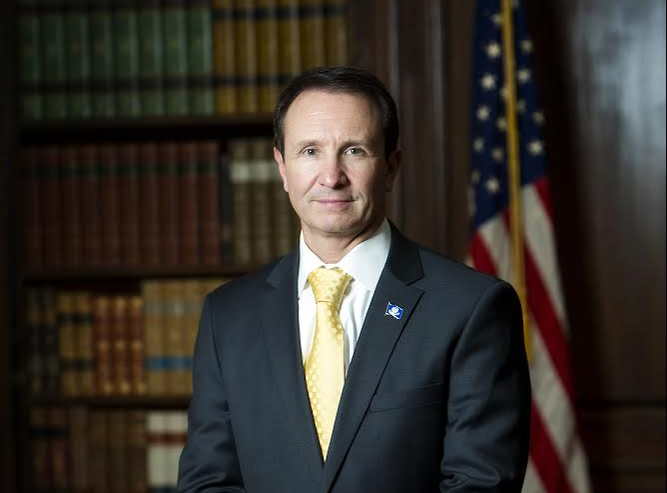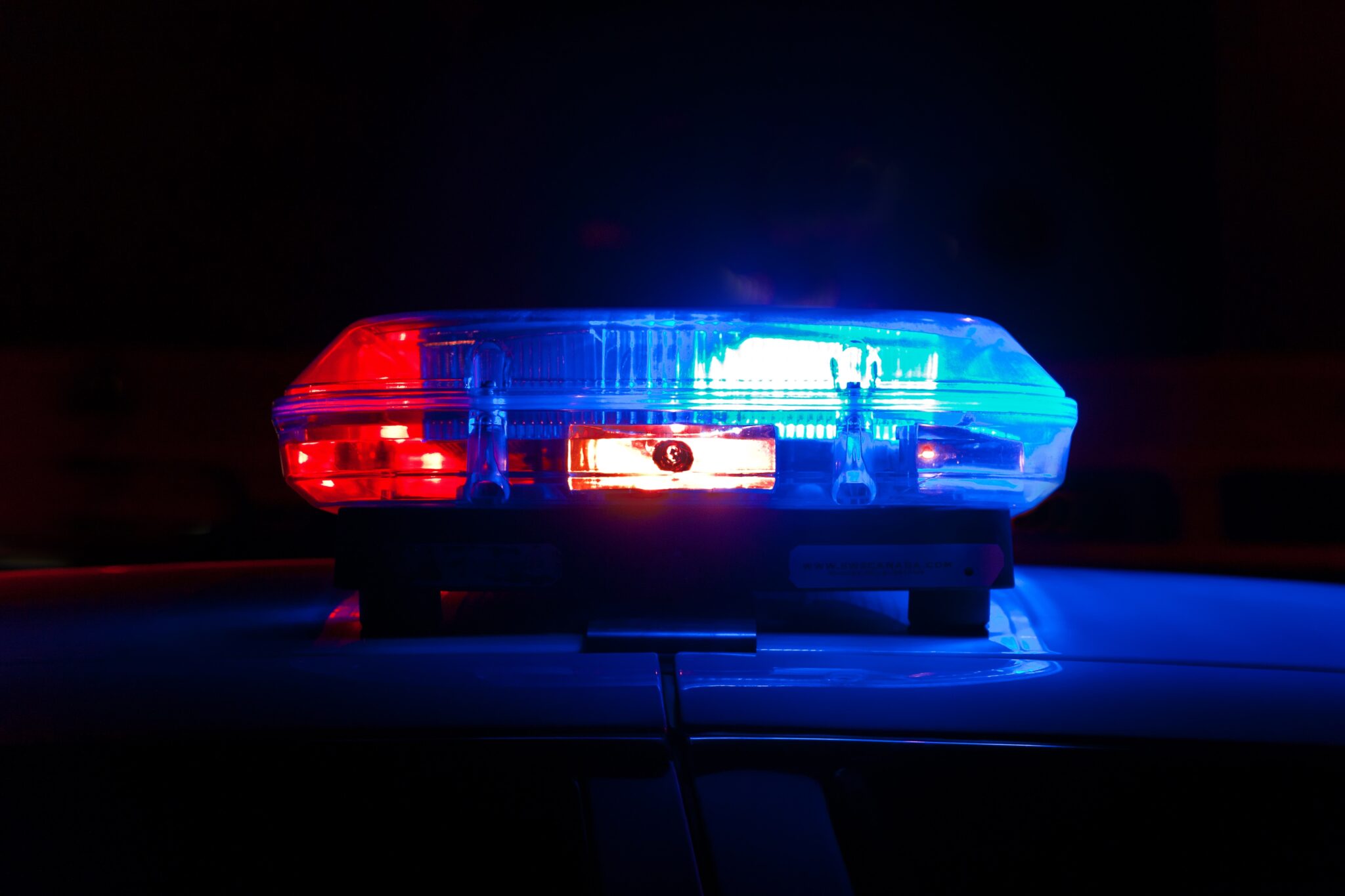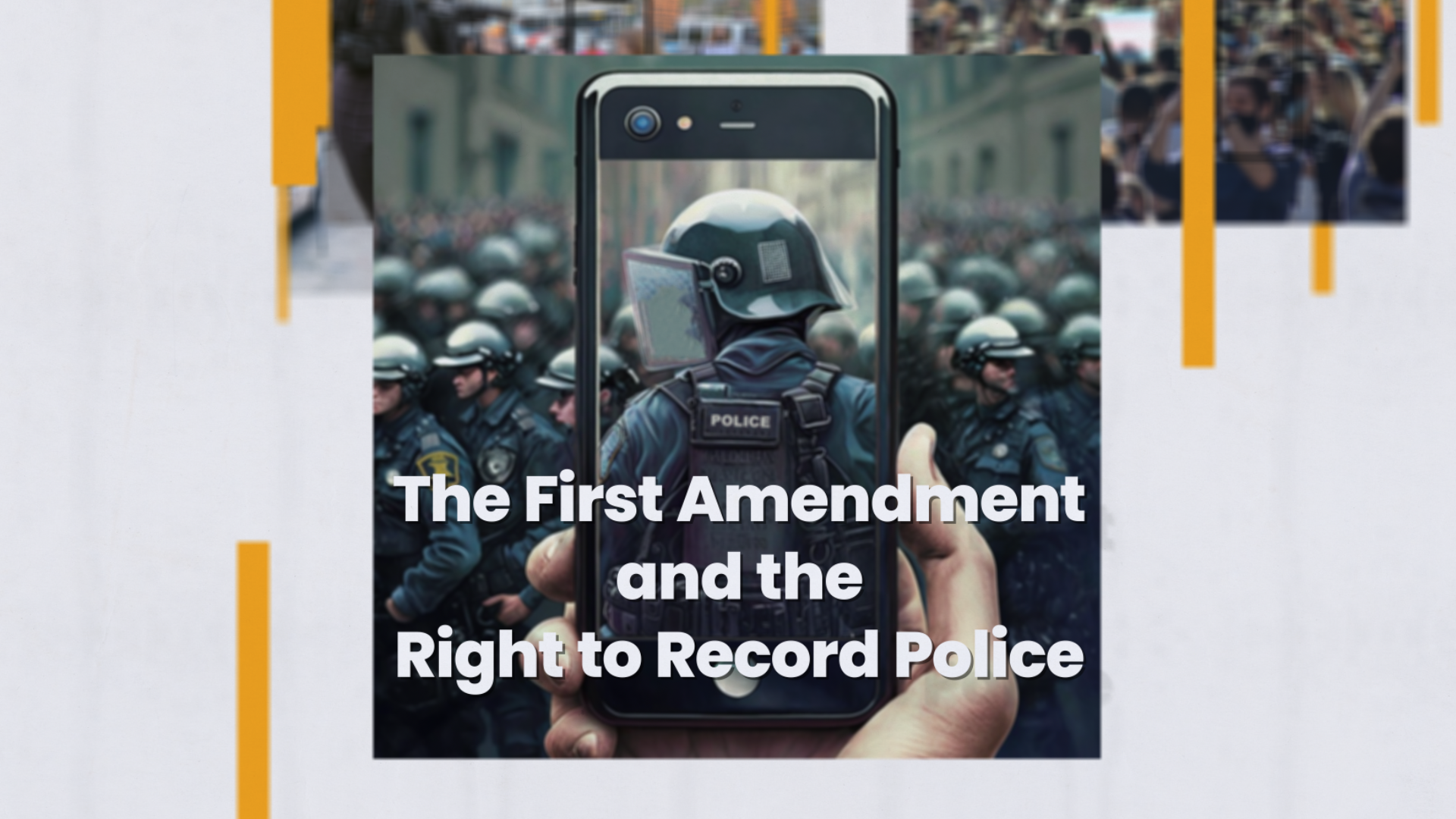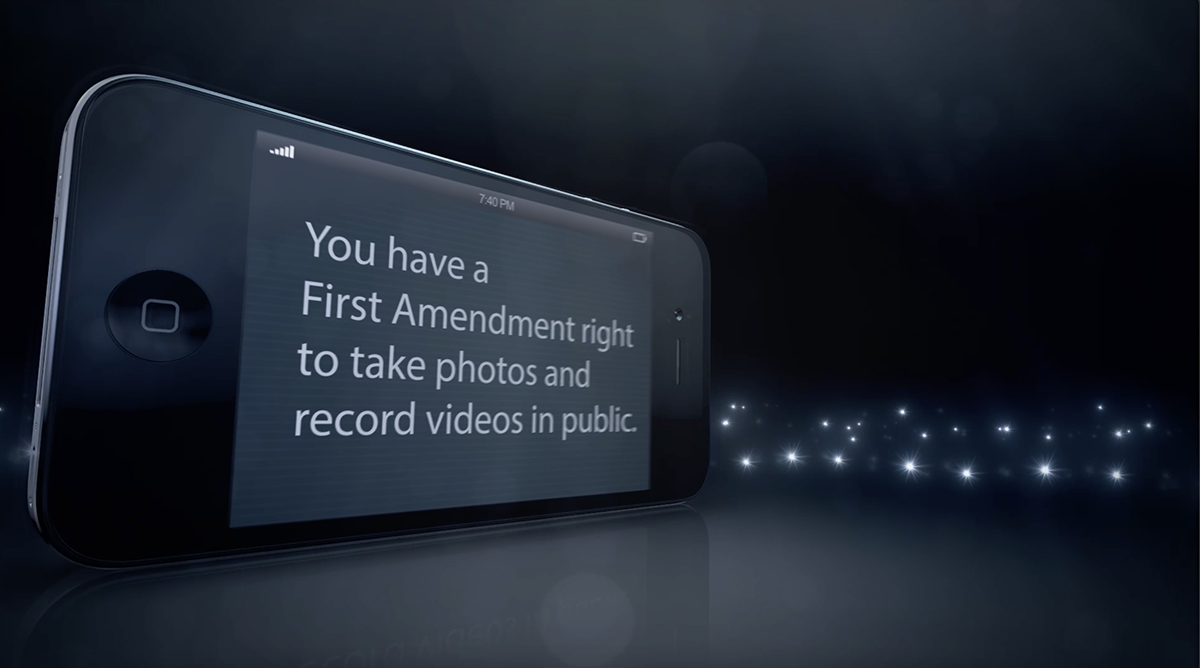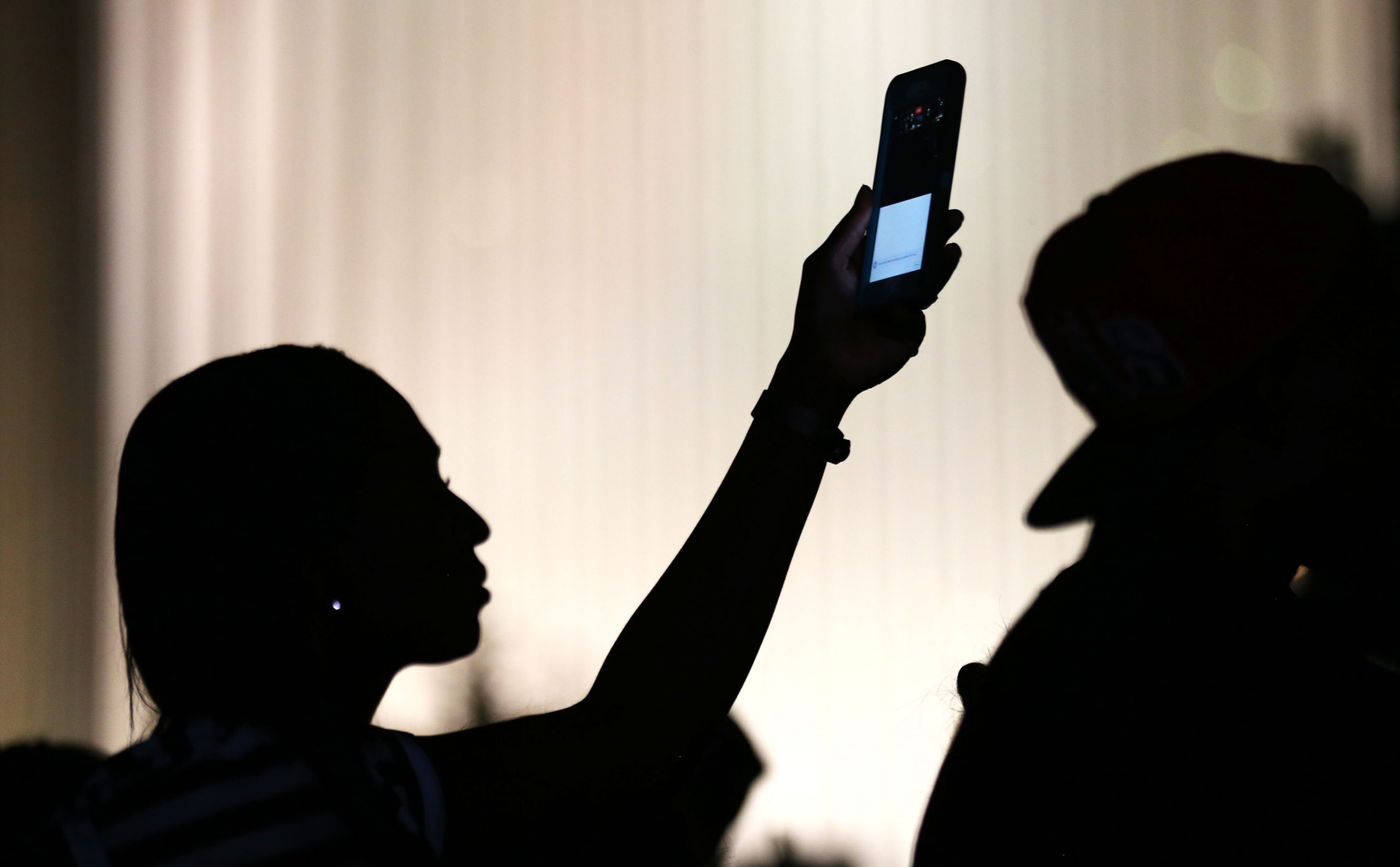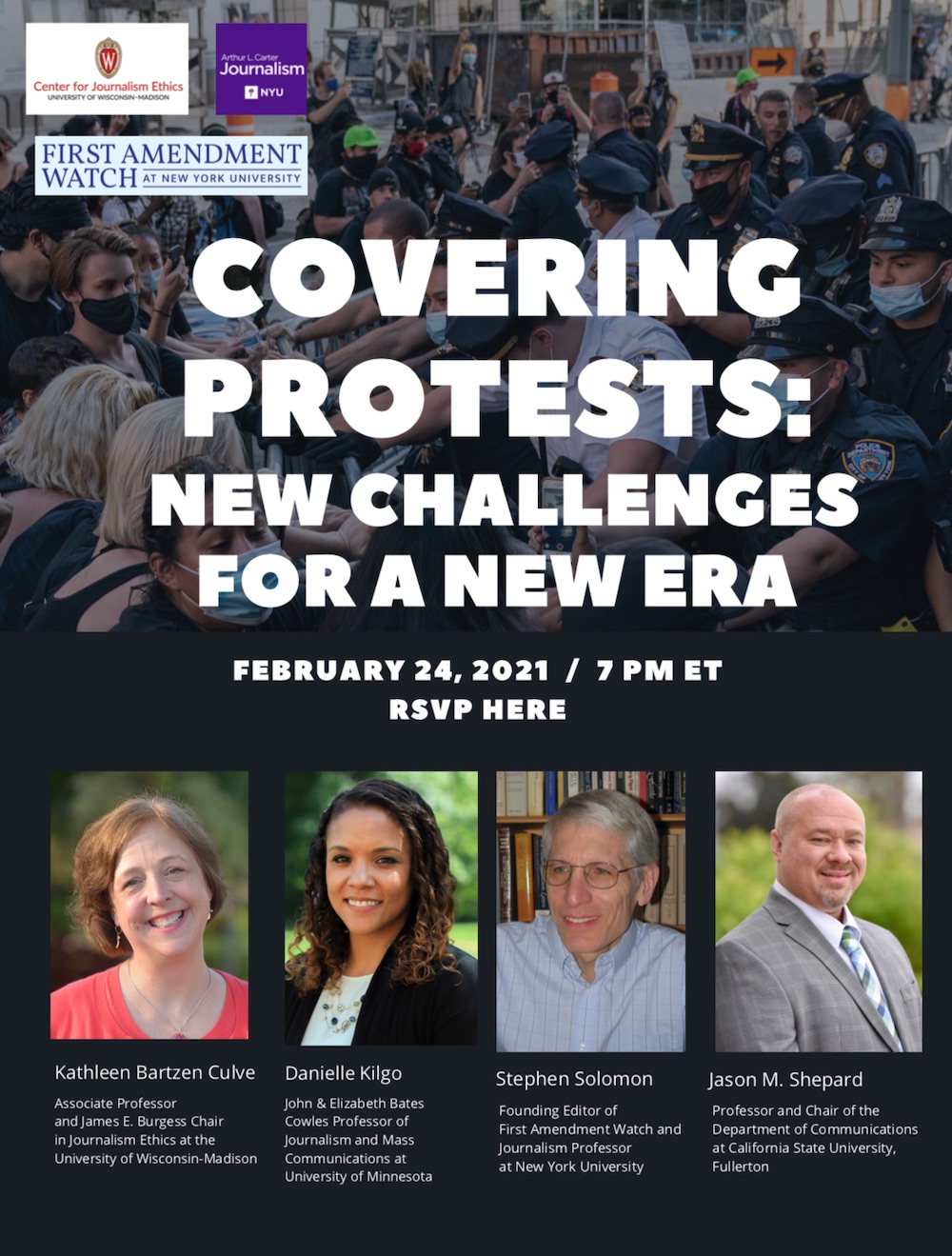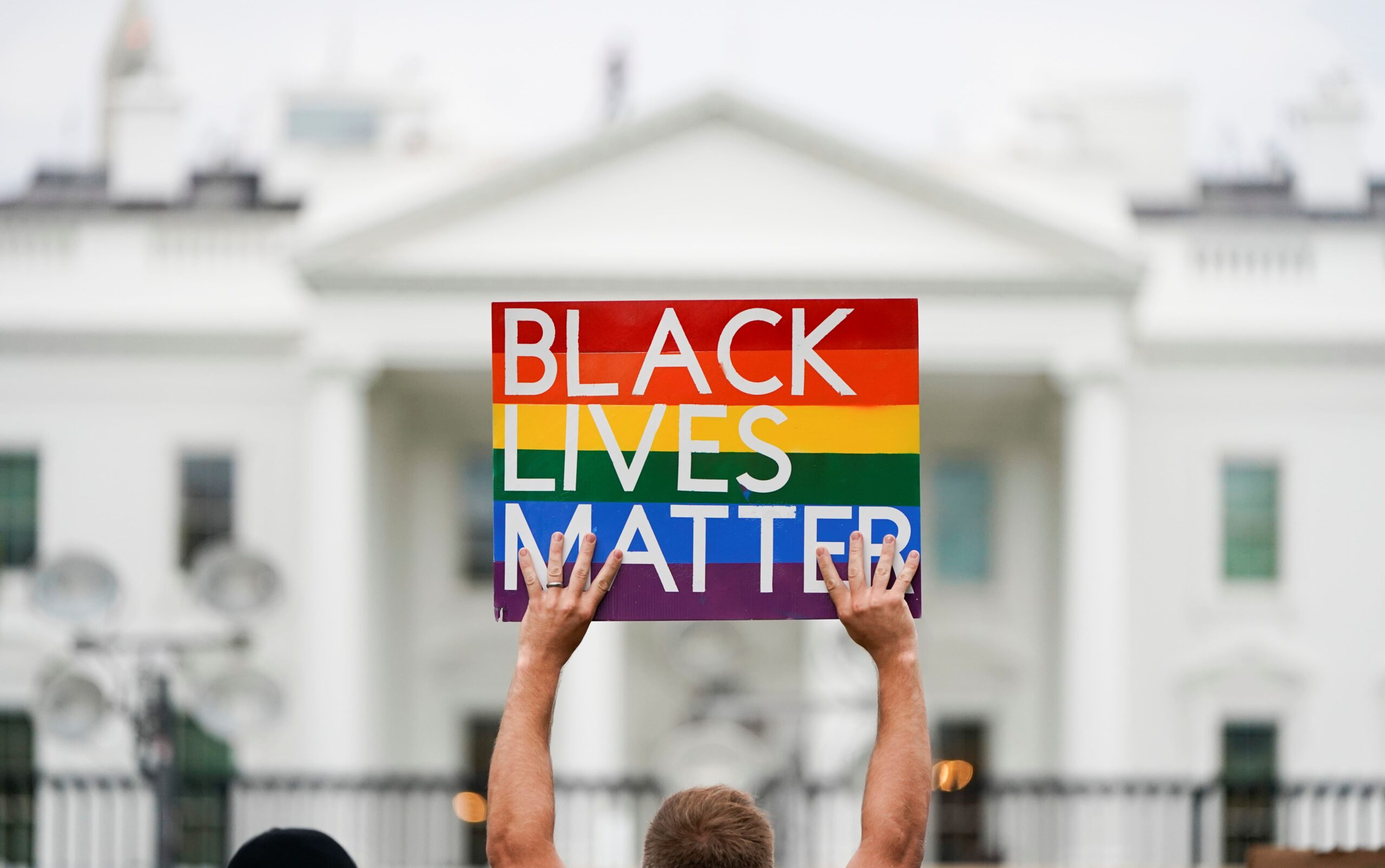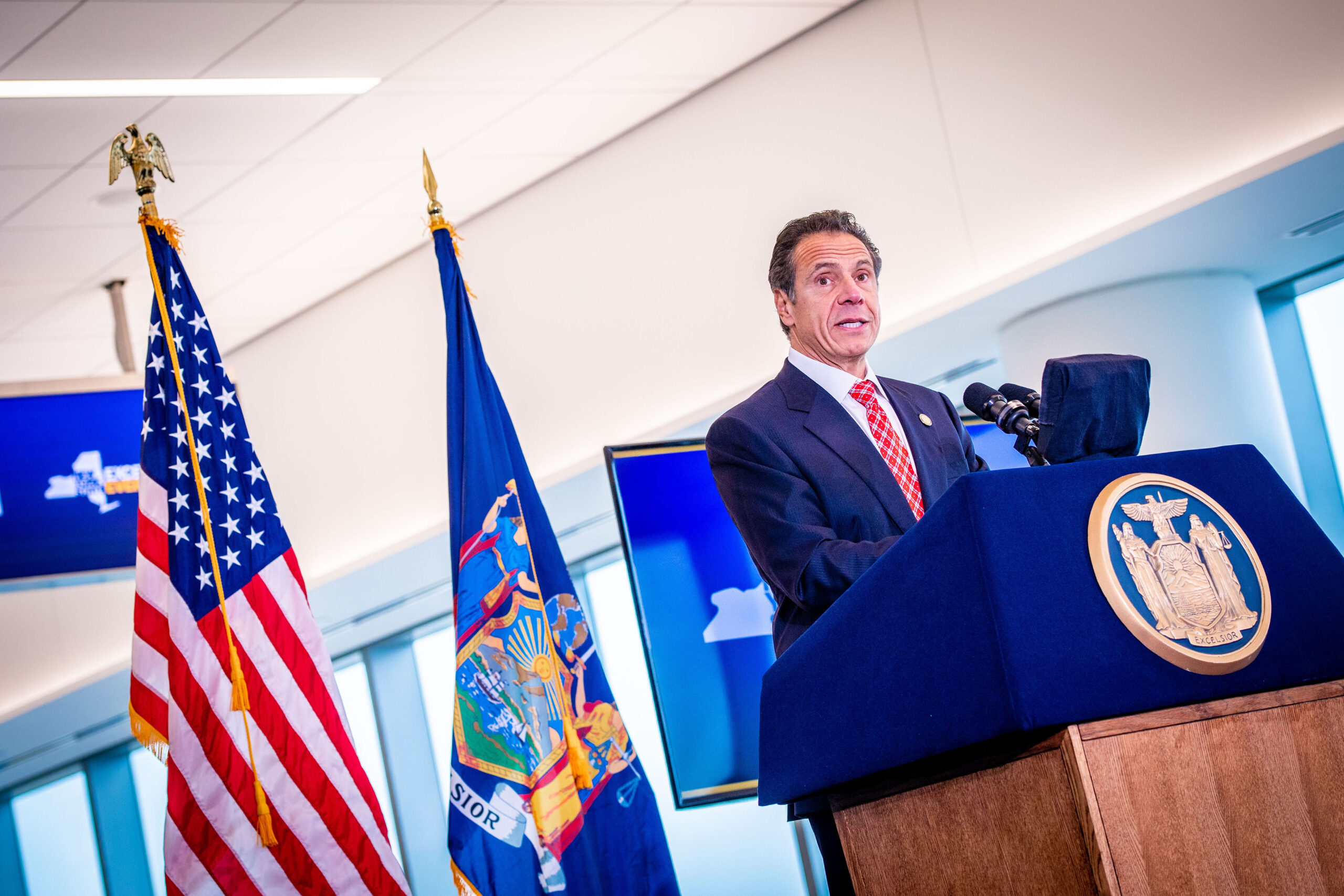Louisiana Law That Could Limit Filming of Police Hampers Key Tool for Racial Justice, Attorneys Say
Critics have said the law — signed this week by Republican Gov. Jeff Landry — could hinder the public’s ability to film officers.
Louisiana Law Will Criminalize Approaching Police in Certain Circumstances
The legislation’s language does not specifically mention filming, but opponents have questioned its constitutionality, saying it could impede a person’s First Amendment rights.
First Amendment Watch, Free Speech Center Create ‘Recording Police’ In-Depth Video
First Amendment Watch and the Free Speech Center at Middle Tennessee State University have partnered to create an in-depth video guide focused on the rights of those who wish to photograph or record video in public places like streets, sidewalks and parks.
First Amendment Watch, Free Speech Center Unite in Educational Video Project
The first release from First Amendment Watch at New York University’s Arthur L. Carter Journalism Institute and the Free Speech Center at Middle Tennessee State University focuses on the rights of those who wish to photograph or record video of police officers in public places.
Florida Lawmaker Proposes Law that Could Interfere With Right to Record Police
Florida Rep. Alex Rizo (R-Hialeah) introduced a bill to the Florida legislature that would make it a second-degree misdemeanor for someone to “disrupt, hinder, impede, or interfere" with law enforcement officers while they are performing official duties. While the bill does not explicitly mention the act of cellphone recording, its langauge would give police wide discretion to arrest individuals who they perceive are impeding their activities.
Covering Protests: New Challenges for a New Era
Join First Amendment Watch at New York University and the Center for Journalism Ethics at the University of Wisconsin-Madison in a conversation about how reporters, photographers, and editors should weigh their responsibility to report on public matters balanced against ethical concerns such as the privacy and safety of their subjects.
Reporter Sues City of Belmar, New Jersey for Free Speech and Free Press Violations
A reporter for Asbury Park Press is suing the city of Belmar, New Jersey and several police officers for assaulting and arresting him during a Black Lives Matter protest on June 1st. Filed on July 13th in the U.S. District Court for the District of New Jersey, the complaint alleges that reporter Gustavo Martínez was “unlawfully tackled, arrested, detained and jailed by law enforcement."
Governor Cuomo Signs Legislation Affirming Right to Record Police
The legislation affirms the right of individuals to record law enforcement activity, and to keep their recordings. The law goes into effect in 30 days.
